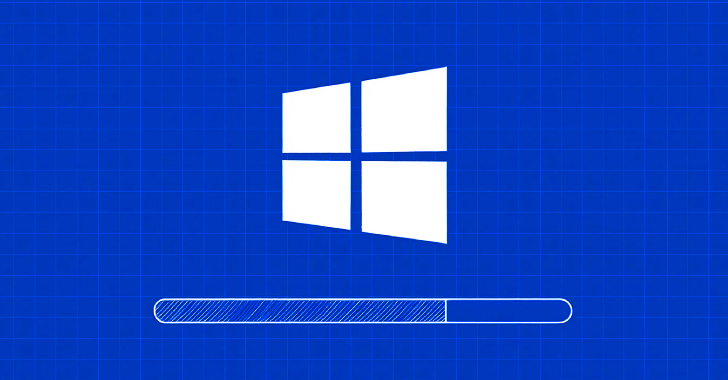
Simplify Your GDPR Compliance
The General Data Protection Regulation (GDPR) may seem like a daunting topic for many businesses, but compliance doesn’t have to be a complicated affair. This monumental piece of legislation, introduced by the European Union (EU) in 2018, has reshaped how companies handle, store, and process personal data. While the GDPR brought about significant changes to data protection practices, understanding its essentials can pave the way for a smoother compliance journey.
- Understand What GDPR is All About
Before diving into the intricacies, get a bird’s eye view of the GDPR. Essentially, it’s a regulation aimed at protecting EU citizens’ data and their rights concerning that data. This doesn’t just impact EU-based businesses. If you offer goods or services to, or monitor the behavior of, EU citizens, then the GDPR is relevant to you.
- Know What Data You Have
Data discovery is a foundational step. This involves taking stock of what personal data you hold, where it came from, who you share it with, and how long you retain it. Some questions to consider include:
Do you have personal details like names, addresses, or bank information?
Do you store cookies or track IP addresses?
With which third parties do you share this data?
Having a visual representation, like a flowchart, can be immensely helpful to understand your data processing activities.
- Appoint a Data Protection Officer (DPO)
Not every organization needs a DPO, but if you’re involved in large-scale data processing, it’s a requirement. This individual should have a comprehensive understanding of the GDPR and will act as a point of contact between your company and the relevant supervisory authorities.
- Keep Transparency at the Forefront
One of the GDPR’s cornerstones is transparency. Ensure that your privacy notices are clear, concise, and easily accessible. If you’re collecting personal data, inform individuals why you need it, how you’ll use it, and how long you’ll keep it.
- Prioritize Data Security
Data breaches are not only bad for reputation but can also result in hefty fines under the GDPR. Implement security measures like encryption, regular backups, and two-factor authentication. Remember, the goal isn’t just compliance; it’s safeguarding the trust of your customers.
- Understand Individual Rights
The GDPR empowers individuals with specific rights concerning their data. These include:
Right to Access: Individuals can request access to their data.
Right to Rectification: If someone’s data is incorrect or incomplete, they have the right to have it corrected.
Right to Erasure: Often termed ‘the right to be forgotten’, this allows individuals to have their data deleted in certain circumstances.
Right to Restriction: In specific situations, individuals can demand that you stop processing their data.
- Prepare for Data Requests
With the aforementioned rights, individuals can approach you with data requests. It’s essential to have a system in place to handle these efficiently. You generally have one month to respond, so timely action is critical.
- Regularly Review and Update
GDPR compliance isn’t a one-off task. Regularly revisit your policies, procedures, and the data you hold. Laws evolve, and technology advances rapidly. Make sure you’re not just compliant today, but are setting your business up for continued compliance in the future.
- Provide Training
Ensuring that every team member understands the GDPR’s importance and its implications is essential. Regular training can prevent potential violations and foster a culture that respects data privacy.
- Seek Expert Advice
If in doubt, consult. Many firms specialize in GDPR compliance, offering insights tailored to your specific industry or business size. They can provide clarifications on complex matters or help streamline your compliance procedures.
To wrap up, GDPR compliance is an ongoing commitment to respecting personal data and maintaining trust. While it may appear complex, breaking it down into manageable steps can help demystify the process. By embedding best practices into your daily operations, not only will you adhere to regulations but also build stronger relationships with your customers. After all, in an era where data is the new gold, the true value lies in treating it with the utmost respect and care.
Contact Cyber Defense Advisors to learn more about our GDPR Compliance solutions.





